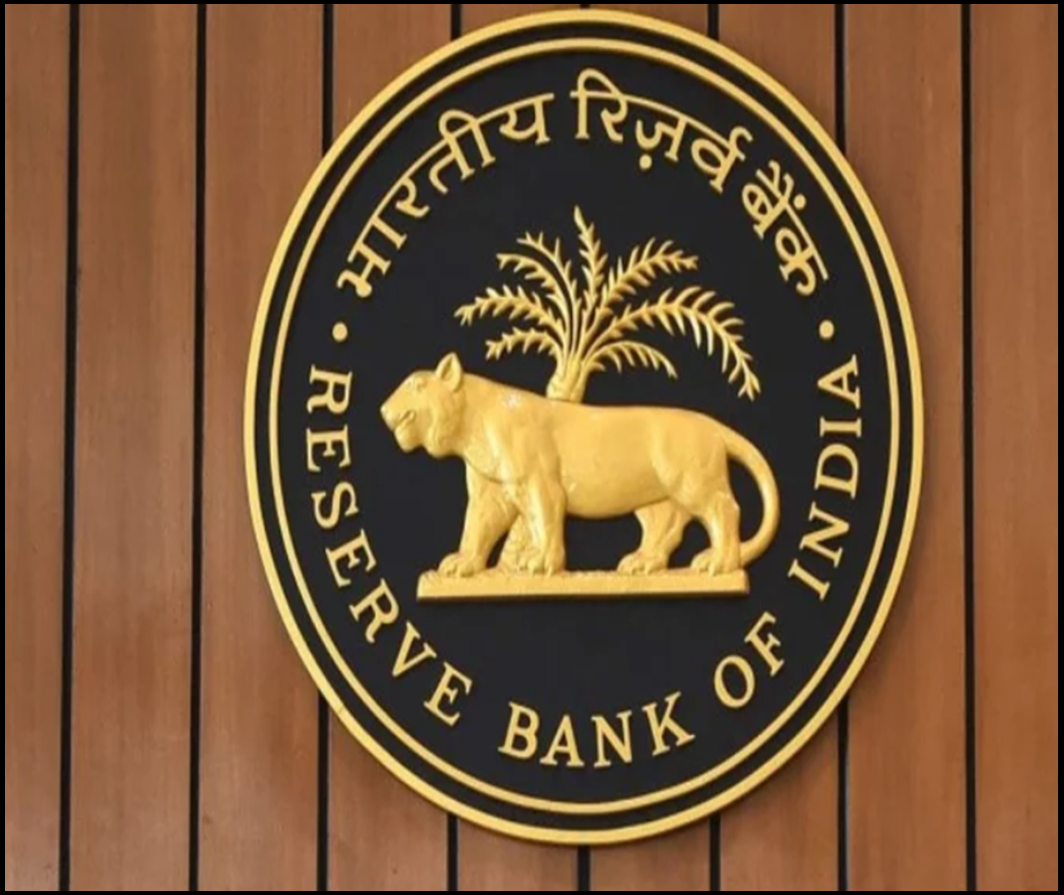HIGH INFLATION MAY HALT RATE CUTS
Syllabus:
- GS 3: Monetary Policy
- GS 3: Indian Economy
Why in the News?
The RBI’s Monetary Policy Committee is meeting from August 6 to 8, 2024, to decide on the repo rate, expected to remain unchanged at 6.5% due to high inflation concerns.
Source: RBI
Introduction
- The Reserve Bank of India is expected to maintain its benchmark interest rate for the ninth time, even as global central banks like the UK cut rates and the US considers similar moves.
- The RBI continues prioritizing inflation control.
Monetary Policy Committee (MPC)
Objective
Composition
|
Why the Monetary Policy Committee is Likely to Keep the Repo Rate Steady
Current Expectations
- Experts anticipate that the six-member Monetary Policy Committee (MPC) of the Reserve Bank of India (RBI) will maintain the repo rate at 6.5%.
- The MPC is also expected to continue with its current policy stance of “withdrawal of accommodation,” meaning no immediate rate cuts.
Inflation Outlook
- According to RBI forecasts, inflation is expected to decrease to around 4% in the second quarter.
- However, an increase in inflation is anticipated for the third and fourth quarters of the year.
High food inflation
- The recent high food inflation is a concern, with factors such as:
- Poor spatial distribution of rainfall.
- Higher vegetable prices in June and July 2024.
- Reduced rice sowing compared to the previous year.
- Significant month-on-month growth in protein-rich food items.
Global Context
- The US Federal Reserve has hinted at a potential rate cut in September, and the Bank of England recently lowered rates for the first time in four years.
- Despite these global moves, the RBI is likely to stay cautious.
RBI’s Potential Revisions to GDP and Inflation Projections
Current Inflation Trends and Projections
- Inflation Surge: Since June, inflation has been impacted by rising food prices, halting the earlier trend of decreasing inflation.
- The Consumer Price Index (CPI) inflation spiked to 5.1% in June, compared to 4.8% in May.
- Causes: This increase is due to sharp rises in perishable food prices, triggered by a heatwave and a slow start to the monsoon season.
- Expectations: Economists anticipate that while inflation numbers may improve from July due to base effects, the retail inflation could exceed the RBI’s target of 3.8% for the second quarter of the fiscal year.
RBI’s Inflation Target
- Despite the recent rise, the Reserve Bank of India (RBI) plans to maintain its inflation target for FY25 at 4.5%.
- Inflation Risks: Deutsche Bank’s Chief Economist for India and South Asia, Kaushik Das, notes potential risks that could push inflation above this target, particularly with the July telecom tariff hike.
GDP Projections
- Current Forecast: Deutsche Bank predicts the RBI will keep its FY25 real GDP growth forecast unchanged at 7.2% year-on-year, up from the earlier estimate of 7%.
- Comparison: This forecast is higher than Deutsche Bank’s projection of 6.9% and the Economic Survey’s estimate of 6.5-7%.
- Recent Adjustment: In the June 2024 policy meeting, the RBI adjusted its GDP growth forecast upward by 20 basis points.
Impact of Fiscal Policies
- Fiscal Consolidation: The MPC may draw confidence from the Union Budget’s commitment to fiscal consolidation.
- This commitment could support the RBI in maintaining its monetary policy stance and avoid major adjustments to its inflation and GDP forecasts.
Impact of Steady Repo Rate on Lending Rates
Effect on Loans Linked to External Benchmark Lending Rates (EBLR)
- No Change in EMIs: If the Reserve Bank of India (RBI) keeps the repo rate steady at 6.5%, loans linked to the repo rate, known as External Benchmark Lending Rates (EBLR), will not see an increase in interest rates.
- Borrower Relief: This means that borrowers with loans linked to EBLR will not face higher Equated Monthly Instalments (EMIs).
Effect on Loans Linked to Marginal Cost of Fund-Based Lending Rate (MCLR)
- Potential Rate Increase: For loans linked to the Marginal Cost of Fund-Based Lending Rate (MCLR), lenders might raise interest rates.
- Incomplete Transmission: This is because the full effect of a 250 basis points increase in the repo rate between May 2022 and February 2023 has not yet been fully reflected in MCLR-linked loans.
Conclusion
The RBI is likely to keep the repo rate unchanged due to high food inflation and economic uncertainty. While this stabilizes EMI rates, potential MCLR-linked rate hikes may occur. Future rate cuts might be considered based on evolving inflation and economic data.
Source:Hindustan Times
Mains Practice Question:
Discuss the factors that Monetary Policy Committee (MPC) considers when deciding on the repo rate. How does the MPC balance the objectives of controlling inflation and supporting economic growth?
Associated Article:
https://universalinstitutions.com/rbi-and-monetary-policy-in-india/




